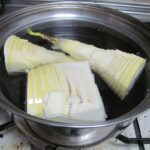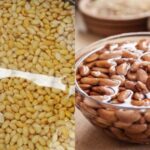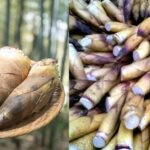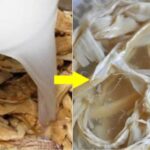In the old days, grandparents often instructed their grandchildren to peel and soak potatoes in water for 1-2 hours before cooking. Many people think that soaking potatoes is simply to prevent discoloration after peeling. While this is true, it is not the only reason, and there is a more important factor to consider.
The primary purpose of soaking potatoes before cooking is to remove toxins. Potatoes are buried in the ground, but when they are exposed to sunlight, they turn green. These green potatoes are usually not consumed as the level of solanine, a toxin, increases, causing the discoloration. Potatoes naturally contain toxic substances called alkaloid acrylamide and solanine, even before they turn green. These toxins, in moderate amounts, may not cause immediate reactions, but regular consumption or ingesting large amounts at once can be harmful to the body. Therefore, soaking potatoes in water for at least half an hour before cooking helps break down and remove these toxins. Afterward, rinsing the potatoes ensures they are safe to consume.
Hence, the traditional method taught by our ancestors involves peeling, slicing, and then soaking the potatoes in water before cooking. Additionally, exposing the peeled potatoes to air can cause the starch to turn brown, so soaking them immediately helps retain their fresh color.
Similarly, soaking other vegetables and foods before preparation can enhance their taste, ensure they are cleaner, and make them safer to eat.
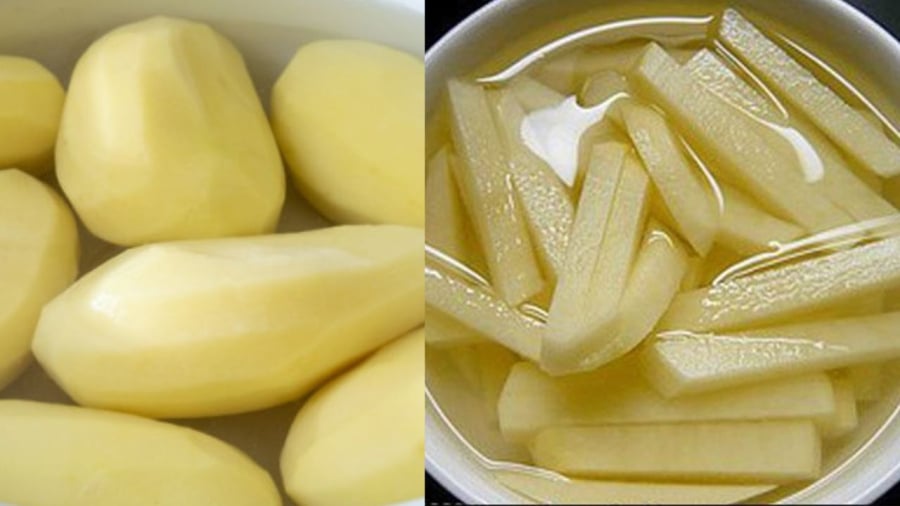
Soaking Potatoes Helps Remove Toxins
Always Soak Cassava and Bamboo Shoots Before Cooking
Fresh cassava and bamboo shoots contain high levels of a natural toxin called cyanide, which can be life-threatening or cause severe poisoning. There have been cases of bamboo shoot poisoning due to inadequate soaking, and even deaths caused by consuming raw cassava, as the toxin was not given a chance to break down. Soaking these foods in cold water helps reduce the toxin. Therefore, to safely consume fresh bamboo shoots and cassava, they must be soaked in water before cooking. The toxin in cassava is concentrated in the skin, especially at the ends and the core, so it is essential to peel and soak them for 2-3 hours to allow the toxin to leach out. During cooking, the toxin will further break down in the water. For bamboo shoots, multiple soaks and boils in water are necessary, reducing the toxin to a safe level. Keep the lid open during cooking to allow the toxin to escape with the steam.
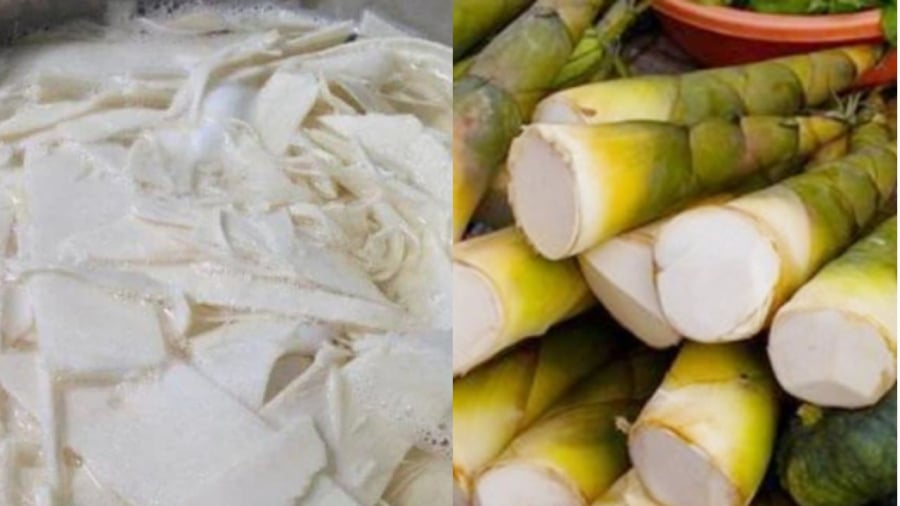
Soaking Bamboo Shoots to Remove Dangerous Toxins
Soaking Grains and Nuts Enhances Nutritional Absorption
Grains, such as rice, soybeans, black beans, red beans, green beans, cashews, and other nuts capable of germination, naturally contain toxins aimed at preventing premature sprouting. Without this protective mechanism, freshly harvested seeds would sprout before storage. Therefore, these seeds contain growth-inhibiting substances that break down when farmers soak them in water, signaling the seeds to germinate.
Consuming these grains and nuts without proper soaking can lead to reduced nutrient absorption due to the presence of these growth-inhibiting compounds. Additionally, rice bran naturally contains arsenic absorbed from the soil. Soaking these grains before preparation can help reduce the presence of these compounds, making them more nutritious. Failure to soak them may result in stomach aches and further hinder nutrient absorption. Moreover, some grains, like soybeans and black beans, require thorough cooking after soaking.
Remember, this simple trick of soaking your vegetables, fruits, and grains can help you prepare tastier, safer, and more nutritious meals.
Soak Mangoes Before Consumption
Mangoes contain a toxin called phytic acid, which inhibits iron absorption in the body. Therefore, it is advisable to peel and soak mangoes in cold water for about half an hour before eating.

























